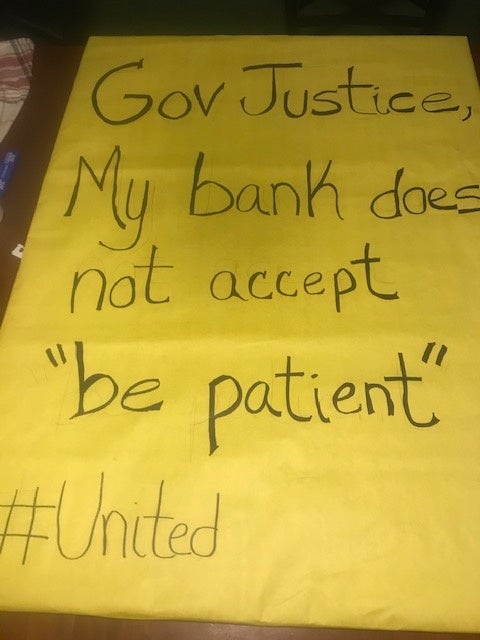
Gallery from 2018 Mountaineer March, Monongalia County, West Virginia, Carrie Beatty Collection
Photo Gallery
A gallery of photos to explore.

A gallery of photos to explore.
This website, a joint project between the Walter P. Reuther library and the Wayne State University Library, will host primary resources from the AFT historical collections that will document various education reform initiatives that union and school boards have collaborated on, from pre-Nation at Risk…
The Iowa Labor History Society is a non-profit made up of individuals and affiliate organizations that have joined together to preserve and promote the rich history of Iowa’s workers—the lives, labors, and struggles that shaped the history of our state.
This bibliography contains a number of titles dealing with “workers,” the “world of work” generally, and “labor law” in particular, so as to account for some of the more compelling reasons we should assiduously attend to the complex economic and moral questions (the former often…
The Knights of Labor was the largest and most extensive association of workers in 19th century America. Organized in 1869, the movement grew slowly in the 1870s, then surged in the 1880s, reaching a peak membership approaching one million in 1886-1887 with Local Assemblies spread across the country in more than 5,600 cities and towns.
Through the Montana Memory Project, the Montana Historical Society has created a rich archive of hundreds of interviews detailing the history of workers in key industries in Montana. The interviews capture the stories of laborers, labor leadership, and support industry workers, from the expansion in…
Women Have Always Worked: Fighting for Equality: 1950–2018.
An exploration from an online edX course.
In the early 19th century the United States of America began to experience many changes. In parts of the country there was a shift from an agrarian society to an industrial society.
This website includes what appears to be photographs from several labor unions, including the United Autoworkers (UAW), the American Federation of State, County, and Municipal Employees (AFSCME), and the American Federation of Teachers (AFT). Visit site